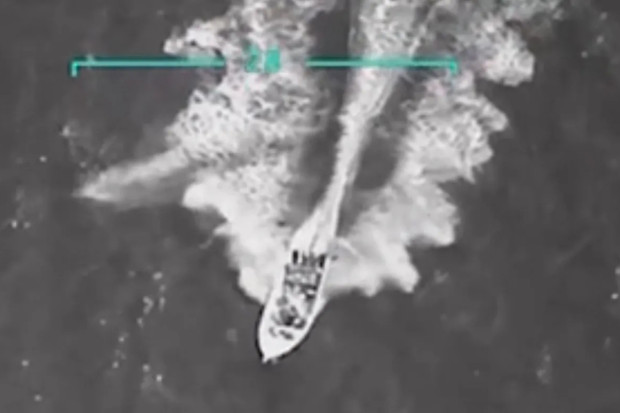
In a dramatic twist of irony, former Brazilian President Jair Bolsonaro has been indicted by the Federal Police for crimes tied to a law approved by Congress and signed into effect by him in 2021.
The charges include violent abolition of the democratic rule of law, coup d'état, and criminal organization. These crimes stem from the alleged coup plot that aimed to undermine Brazil's democracy—a situation that highlights the complexities of Bolsonaro's legal and political challenges.
This story begins in 2021, when Bolsonaro, then president, signed the Law of Crimes Against Democracy.
According to an article in the U.S. Library of Congress, the legislation "revokes the National Security Law and establishes a series of criminal offenses in defense of law." It introduced stricter penalties for threats against democratic institutions than the previous legislation approved during Brazil's last dictatorial rule.
Bolsonaro's approval of the law was seen at the time as proof of his commitment to protect democracy. However, the statutes he enacted now form the backbone of the Federal Police's indictment against him and 36 others.
The Alleged Crimes and Legal Definitions
The Federal Police's investigation against Bolsonaro and his alleged coconspirators points to three primary charges:
- Violent Abolition of the Democratic Rule of Law: This crime involves attempts to abolish democratic governance through violence or grave threats, impeding constitutional powers. It carries a prison sentence of 4 to 8 years.
- Coup d'État: Defined as an effort to depose a legitimately elected government through violence or threats, this crime is punishable by 4 to 12 years in prison.
- Criminal Organization: This charge applies to individuals who form, fund, or participate in an organized group of four or more people intending to commit crimes. It carries a sentence of 3 to 8 years in prison.
These charges underscore the seriousness of the allegations against Bolsonaro and his associates, including former ministers and high-ranking military officials.
What happens next?
The irony of Bolsonaro's legal predicament cannot be overstated. The law he signed in 2021 not only criminalized the acts he is now accused of but also expanded protections for democratic institutions. The law explicitly punishes attempts to attack institutions even if the intended disruption does not materialize—a clause that could prove pivotal in this case.
At the time, Bolsonaro vetoed specific provisions of the law, such as harsher penalties for spreading fake news and crimes against citizens' rights, including suppression of public demonstrations.
Under Brazilian law, an indictment at this stage is part of the investigative phase. It signifies that investigators have found substantial evidence linking Bolsonaro and others to the alleged crimes.
However, this is not yet a formal trial.
The Federal Police's report has been forwarded to the Supreme Federal Court (STF), the Brazilian version of the U.S. Supreme Court. Justice Alexandre de Moraes will review it before passing it to the Prosecutor General's Office (PGR).
The PGR will decide whether to dismiss the case, request further investigation, or file formal charges. If charges are filed and accepted by the STF, Bolsonaro would officially become a defendant in a criminal trial, facing evidence collection, witness testimonies, and eventual judgment.
© 2025 Latin Times. All rights reserved. Do not reproduce without permission.




